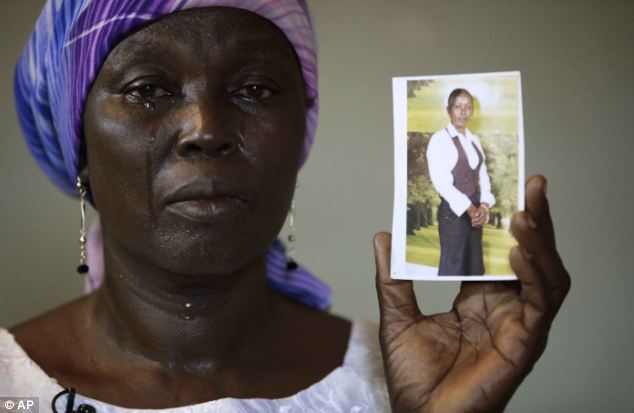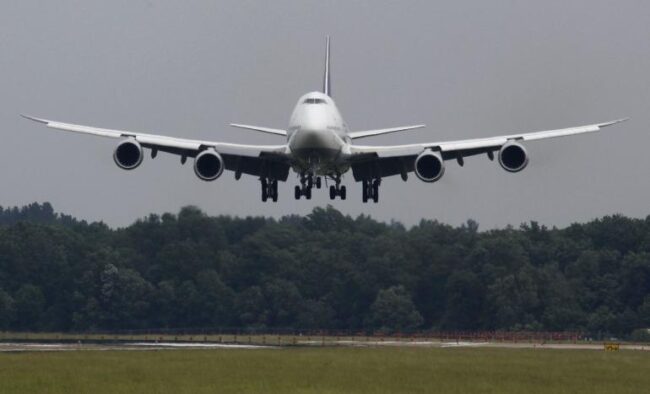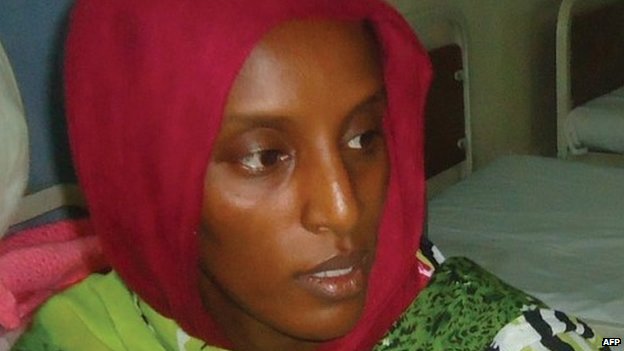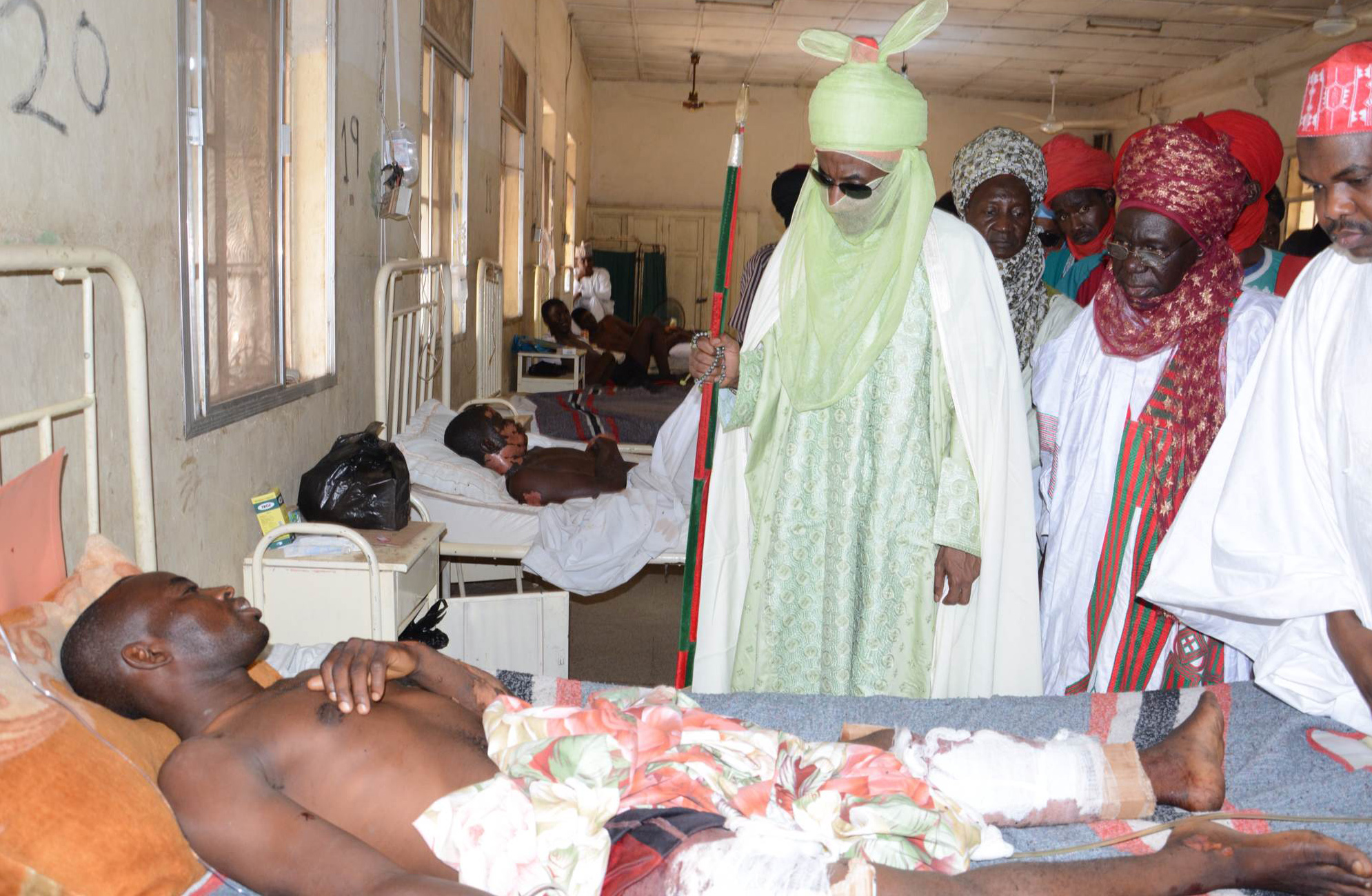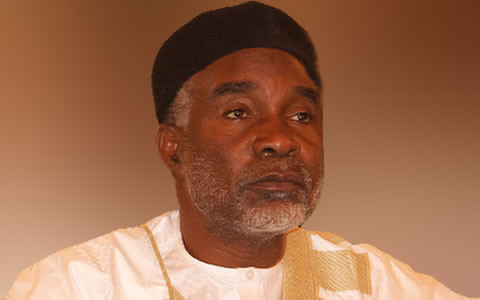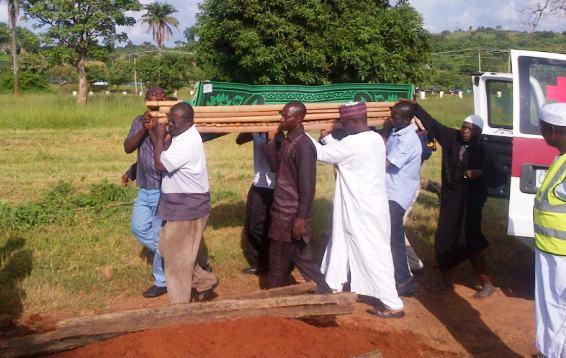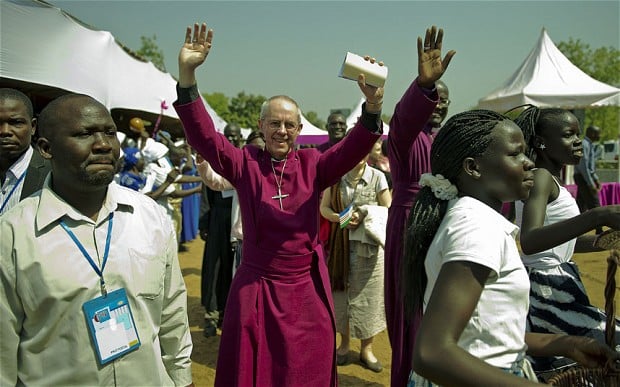The government has been engaging with third-party or “back channel” negotiators to discuss with the Boko Haram leaders, according to various reports.
It was recently reported that President Goodluck Jonathan had initially agreed that some non-combatant Boko Haram sympathisers should be released in exchange for the girls but pulled the plug at the last minute.
The story was neither denied nor confirmed by the federal government.
An Australian, Dr Stephen Davis, also said recently that he was involved in the negotiation for the release of the girls.
Advertisement
He said the signs were encouraging, but there has been no progress reported since then.
However, Aisha Wakil, a member of the Committee on Dialogue and Peaceful Resolution of Security Challenges in the North set up by Jonathan last year, has said the militants were ready to release the girls.
In an interview with AlJazeera at the weekend, she said the militants were asking for 70 of their detained members to be released in exchange for the girls.
Advertisement
Wakil, who said she had been very close to the group before they became violent, revealed that Boko Haram had separated the girls into “many groups”.
Asked how the schoolgirls were being treated, she said the group does not “touch women or elderly ones” but added that they have evolved over the years.
Add a comment
